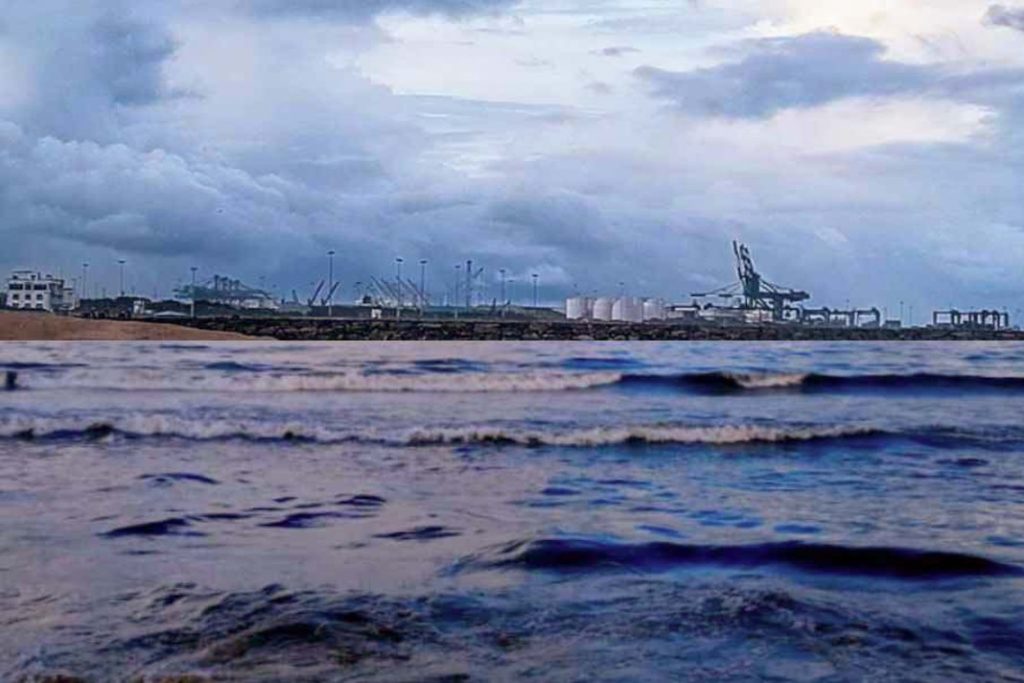Orsted has announced the termination of its FlagshipONE eMethanol project in northern Sweden due to slow market progress and difficulties in securing long-term offtake contracts. This decision comes despite Orsted’s previous commitment to the project, which was expected to produce up to 55,000 metric tons per year of eMethanol from 2025. The project aimed to use a 70-MW electrolyzer to generate green hydrogen, combined with biogenic CO2 from a nearby biomass-fired power plant, to create eMethanol.
Market and Demand Issues
Despite growing interest in methanol as an alternative marine fuel, most shipping companies have been hesitant to commit to long-term procurement contracts for sustainably produced methanol due to its high costs. This reluctance has hindered the development of the offtake market for e-fuels. As of August 14, Platts bunker assessments showed that fossil-based methanol was significantly more expensive than traditional marine fuels, and sustainable methanol was estimated to be even pricier.
Orsted noted that the business case for FlagshipONE had deteriorated, primarily due to an inability to secure sustainable pricing through long-term contracts and the project’s rising costs. As a result, Orsted has decided to halt the project and deprioritize its work in the liquid e-fuel sector.
Regulatory and Economic Barriers
According to Orsted’s regional CEO for Europe, Olivia Breese, the regulatory environment for decarbonizing the industry remains immature. Although the EU has extended its Emissions Trading System to include maritime transportation from 2024, and the International Maritime Organization might introduce a carbon levy from 2027, these measures are unlikely to close the price gap between fossil and synthetic marine fuels before the 2030s.
Breese highlighted the cost challenges facing decarbonization projects due to higher energy, equipment, and capital expenditures. The e-fuels industry lacks firm commercial visibility on the offtake side, with other decarbonization options being perceived as more competitive. While the necessary EU regulations are largely in place, they do not provide sufficient incentives, and national implementation and enforcement are still lacking.
Future Prospects and Financial Impact
Despite these setbacks, Orsted remains focused on renewable hydrogen as a crucial element in European industrial decarbonization, particularly for the steel, chemical, and refinery sectors. The company anticipates further development of the liquid e-fuels market in the long term.
The decision to abandon the FlagshipONE project resulted in cancellation fees of DKK300 million ($44 million) and impairments of DKK1.5 billion. Orsted had previously secured EU funding for the project through the EU-Catalyst program and the Swedish government, with an expected grant from Horizon Europe. However, no funds had been exchanged at the time of the project’s cancellation. Breese mentioned that existing funding schemes are too complex and insufficiently targeted to support the first commercial e-fuels projects effectively.
The carbon capture contract for the project had been awarded to Carbon Clean, which was tasked with capturing 70,000 tons per year of biogenic CO2. Carbon Clean has not yet responded to inquiries about the status of this contract.
Did you subscribe to our daily Newsletter?
It’s Free Click here to Subscribe!
Source: S&P Global






















